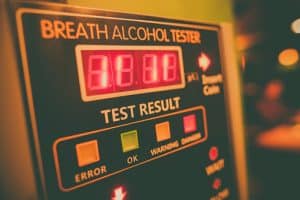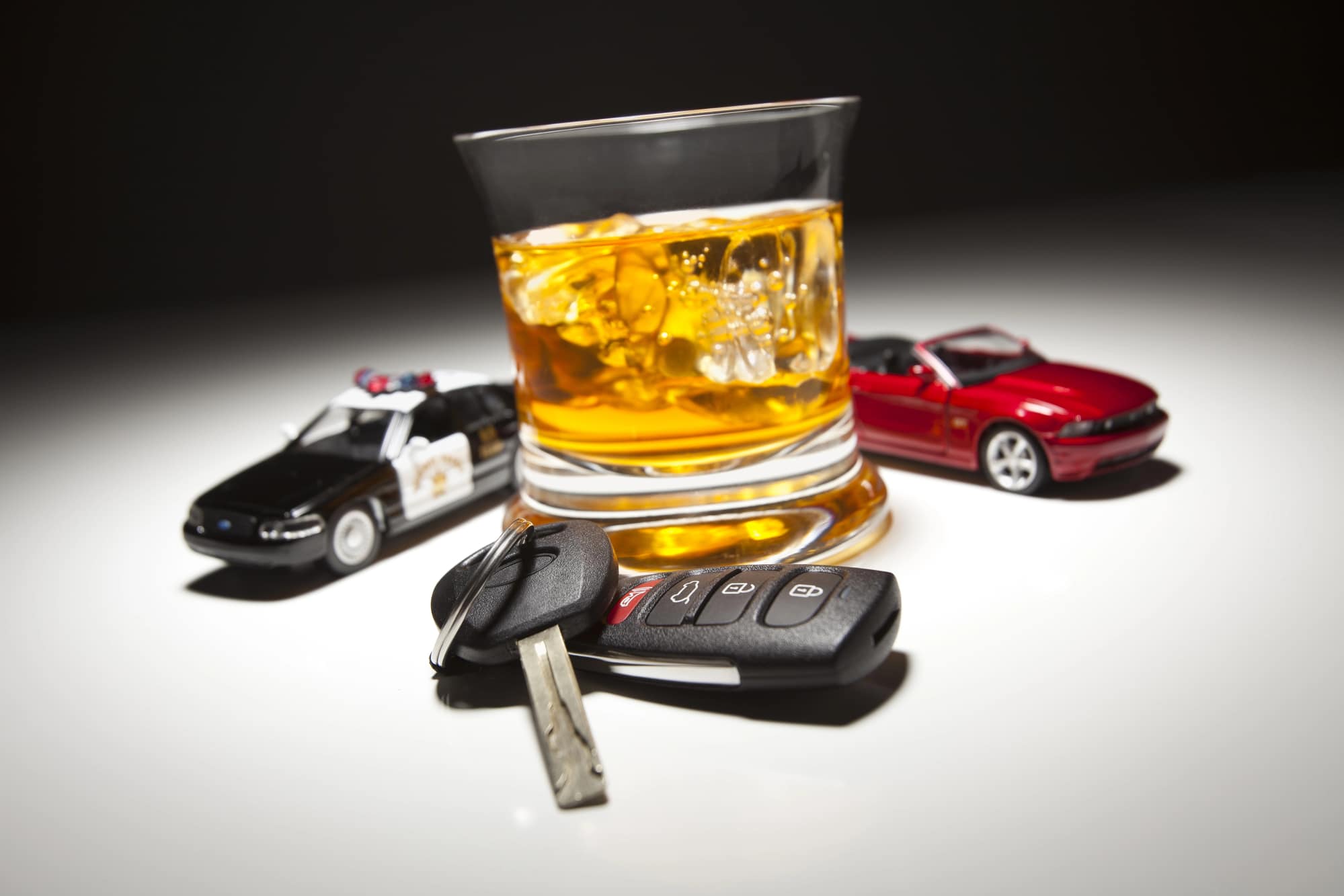
The standard blood alcohol content (BAC) level in Michigan, and across the United States, is 0.08. If a new Michigan bill becomes law, that could change. State lawmakers are looking to lower the BAC to 0.05, according to WSBT22.
House Bill 4420 is sponsored by State Representatives Abdullah Hammoud, Karen Whitsett, Sheryl Kennedy, and Mari Manoogian and was last referred to the Committee on Judiciary.
Currently, the only state with a BAC limit below 0.08 is Utah.
The purpose of HB4420
Lawmakers believe that at a BAC level of 0.05, drivers are too impaired to get behind the wheel. In fact, they cite research that suggests a BAC limit reduction would prevent 11 percent of DUI-related deaths.
“At .05 individuals are impaired, and at .05 to .07, you are seven times more likely to get into a car accident,” said Hammoud.
According to family physician Dr. Michael Eggebrect, at a BAC level of 0.05, the level of impairment depends on the individual. While some drivers may be minimally affected, Eggebrecht says, “other people will have impact on their coordination or their attention, or processing, or even just thinking.”
“Even some judgement can be impaired, but it depends on the individual, ” he said.
Eggebrect also cites factors such as height, weight, and how much food a person has consumed, as factors of alcohol impairment.
In addition to lowering the BAC limit, the law may require first-time offenders to install and use an ignition interlock device. For first-time DUI offenses, ignition interlock devices are only required for drivers with BAC levels of 0.17 or more.
How you can be impacted
If this bill becomes law, more drivers in Michigan could face DUI charges. Law enforcement officers will likely begin targeting more people through sobriety checkpoints and other methods.
If charged with a DUI in Michigan, you could face up to 93 days in jail, have your license suspended for 30 days, and pay a fine of up to $500. Other penalties may apply as well.
If you think these penalties seem harsh for driving with a BAC level between 0.05 and 0.08, then you may be right. That’s why it’s crucial that your rights are upheld. If you have been arrested for drunk driving, consult with an experienced DUI defense lawyer as soon as possible.
Field sobriety tests, chemical test, and breathalyzers don’t always yield accurate results. Your attorney will examine all details surrounding your arrest, as well as the methods used by police, to help you build a strong defense.
To learn more, contact Attorney Michael P. Manley Board-Certified Criminal Defense Attorney today.


